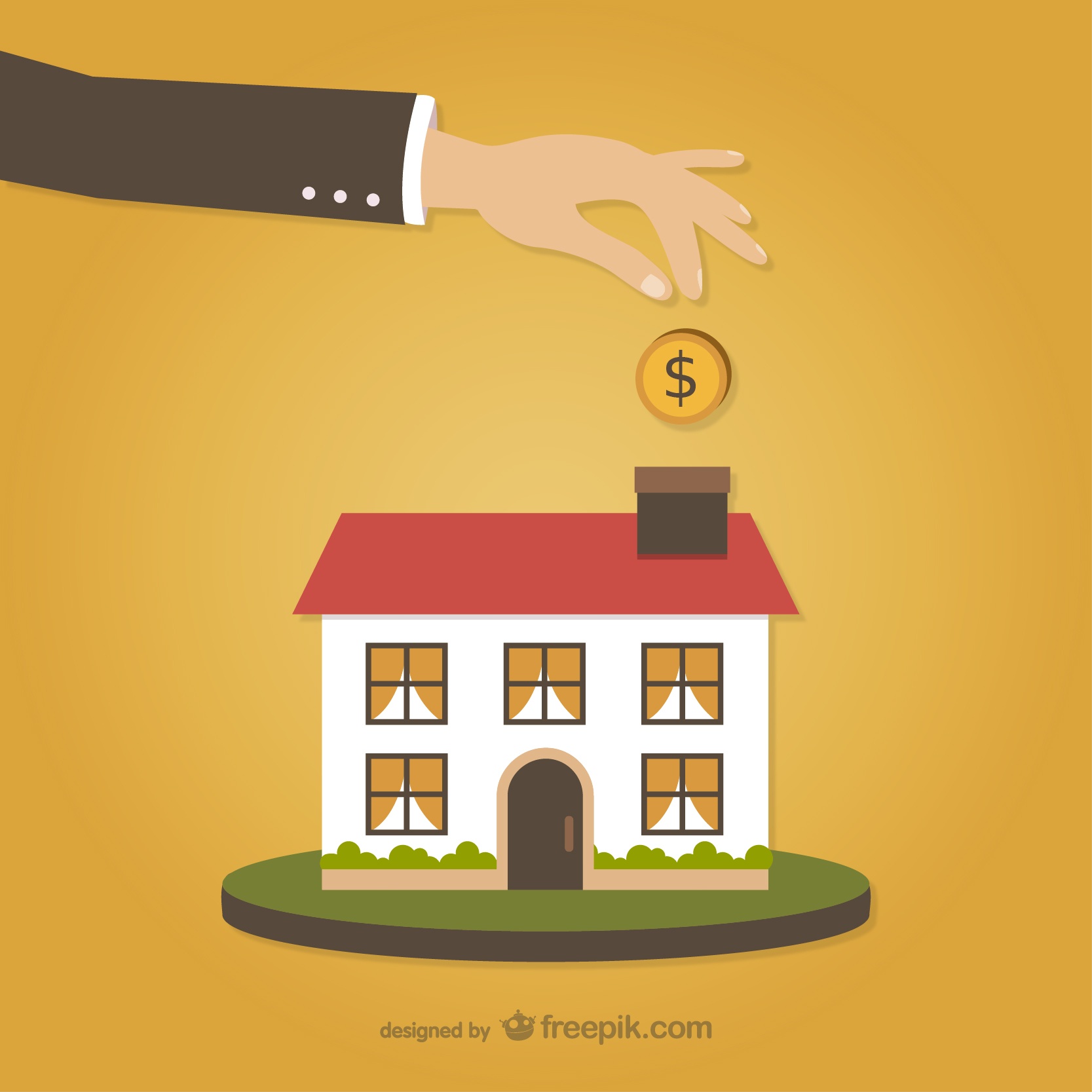
Designed by Freepik.com
Investing in real estate is a popular way amongst Singaporeans to grow their wealth. In this post, we discuss how real estate investors can invest smartly and avoid some of the common misconceptions.
1. You will always make money in real estate investment or “property prices always rise”
Folks have the general notion that real estate are “safe” investments or (our favorite) “You can’t go wrong investing in Singapore real estate!”. We think this is partly attributed to the emotional security of holding a tangible asset, something you can reach out and touch. This give investors a false sense of security that real estate is safer relative to other intangible assets such as a stock or bond certificate. But is that really true?
If you look at recent transacted data, the theory does not quite pass muster. Out of the recent 25 residential property transactions dated June 28 to July 5, 10 are not profitable (40% of the transactions). Even amongst the profitable deals, only one managed a double digit annualized return. The remaining on average achieved only a mid-single digit annualized return (slightly better than the inflation rate) after holding onto the property for a number of years in most instances. Naturally for the unprofitable deals, the investors likely suffered a significant loss on their equity magnified by the typical high leverage used.
Real estate is a cyclical asset class with returns largely driven by interest rates and regulations (as things stand). Gone are our parent’s days when Singapore was still a developing high growth market which in turn drove property prices. Singapore is now a mature and developed city with slower capital growth and lower income yields. Potential investors need to be cautious about their entry price to ensure they do not get caught in the wrong part of the property cycle.
2. Property investment provides you with passive income
Again a common misconception. Take for example a 2-bedroom condominium in District 10 costing S$1.6 million. Assuming a mortgage of 80%, i.e. a c.S$1.3 million property loan and a repayment period of 30 years with a 1.8% interest rate, the resulting monthly repayment is c.S$4,600.
Based on the current market, the gross rental yield achievable for this property is optimistically c.3.0% - 3.5% or S$4,000 - S$4,650 monthly. It is highly likely that from day one, an investor is negative cashflow on the property i.e. the investor will need to fork out additional cash to service the mortgage after netting off monthly rentals.
Not only will an investor not receive any passive income, they will have to service the “investment” out of their own salaries until either rental rates have risen substantially or the property is sold. We have not even considered the downside scenario where the property is vacant for months in between leases and interest rates rise over the holding period (historically, 3 months SIBOR had peaked at more than 3%). Investors will have to rely heavily on capital gains to make any profit on their exit, to which we would remind them of the first point we raised above (do property prices always go up?)
3. The roof over your head is an investment (or asset)
“Assets put money in your pocket while liabilities take money from it”. Something that takes money out of your pocket is not an investment or asset. Just as we do not think of a car as an asset (assuming it is simply a mode of transportation, not an income generating tool e.g. if you work as an Uber driver), an investor should not classify their residential property as an investment or asset because of the need to pay the mortgage, maintenance, utility bills, etc. in order to upkeep the property while collecting no rental income in return.
You cannot realize the value of your residential property until you sell (and even then, you need to buy again to put a roof over your head). Hence, we suggest investors should exclude their current residence from their investment portfolios as they ultimately have different objectives.
4. Relying on Expert Investment Opinions
Market participants, e.g. property developers, consultants, brokers, asset managers, investment companies, associations, sellside research - have a vested interest in the market. Be aware of advice or media reports from participants where their income is derived from investors making a transaction. Always ask, “Cui bono?”.
It is really challenging to time or predict the property cycle. Although we appreciate that hindsight is always 20/20, here are some recent examples to show how tough it is to make the right market call - looking back now that we are in July 2016:
- http://sbr.com.sg/residential-property/in-focus/which-property-cooling-measures-will-be-eased-in-2015
- http://business.asiaone.com/property/news/property-curbs-may-be-eased-only-h2-2015-report
- http://business.asiaone.com/news/sibor-hit-more-2-cent-end-2016-ocbc
Final Words
We differentiate between investing in properties vs. speculating in properties (buying and praying that the price will go up in a few years). Relying solely on news articles and “investment opinions” is insufficient. Given the size of the capital commitment required for any real estate investment, it behoves us to do our homework by carefully analyzing the market landscape, identifying risk factors and running the numbers before making an informed decision on their investment.
“If you have been in a poker game for a while and you still don’t know who the patsy is, you’re the patsy” - Warren Buffet